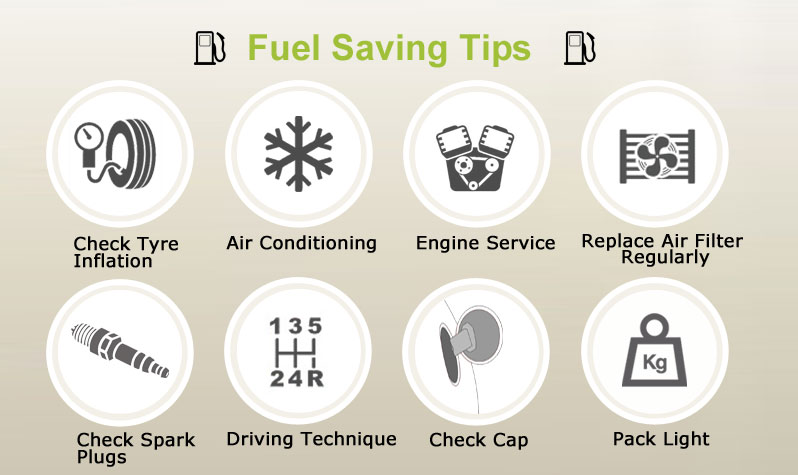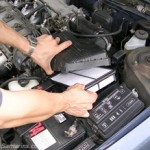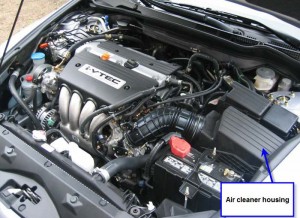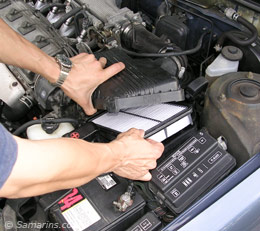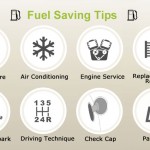
We all know owning and running a car can be a costly business. Apart from unforeseen repairs, there’s also the considerable cost of keeping the car fuelled up.
That’s a particularly significant cost in Ireland which in 2104 was declared the 14th dearest country in the world in terms of petrol prices. Thankfully the price of oil per barrel has fallen considerably in recent times, but it’s still a regular expense we’d all love to save on.
So let’s assume you’re looking to make some savings, and let’s assume those plans doesn’t involve buying a smaller car or a hybrid. Here are some simple ways to save…
Check Tyre Inflation:
Under-inflated tyres are one of the leading causes of fuel inefficiency. Soft-tyres increase resistance and adds an estimated 2% to your fuel costs. That 2% can be easily saved by simply keeping your tyres at the correct inflation levels. Get into the habit of checking once a week when you’re getting fuel.
Air Conditioning:
Considering this is Ireland the chances are your air conditioner is redundant for nine months of the year.
Here’s how it goes anyway – the A/C uses energy supplied by the alternator, which in turn harnesses energy from the engine, which requires fuel from the tank.
The Society of Automotive Engineers, ran tests on the effects of AC against driving with the windows rolled down and found that the A/C decreased gas mileage by 5 to 10%. The message here – cool it with the A/C (unless you’re on a main road where the drag on speeds over 45 MPH exceeds the efficiency drop).
Engine Service:
Neglected engines will naturally underperform. Regular car service checks keep your motor running smoothly. And a smooth running engine is an efficient engine.
Replace Air Filter Regularly:
Inexpensive to buy and easy to do (see HERE). Clogged air filters congest air flow and cause an excess amount of fuel to be burned for the amount of air. Replacing an ineffective air filter can improve mileage by up to 10%.
Check Spark Plugs:
Dirty spark plugs are often responsible for a vehicle’s ignition system misfiring. As they wear down, their ability to transfer the required spark to ignite the fuel/air mix diminishes. That significantly (and unnecessarily) increases fuel usage.
Check Cap:
Chances are you probably don’t give much thought to the fuel cap on your vehicle, apart from when you remove it. It’s worth checking however that the cap isn’t damaged or loose, as such defects cause fuel to vaporize. Additionally, faulty fuel caps allow for dust and debris to enter the tank, which in turn affect the fuel filters.
Pack Light:
We know that there’s a lot of folks out there who use their car as a second home / mobile storage unit. But there’s the thing – all that unnecessary weight you’re lugging around is reducing your fuel efficiency. An additional 100 pounds cab reduce efficiency by up to 2%. So, remove those unused roof-racks and empty the boot of those golf clubs. Also, it’s worth remembering that driving on a full tank also increases weight thus reducing efficiency.
Driving Technique:
Staying within the speed limits (driving at 85mph uses roughly 25% more fuel than driving at 70mph) and reducing habits such as excessive idling, hard braking and jackrabbit starts actively increases fuel economy. In other words, drive smart!

